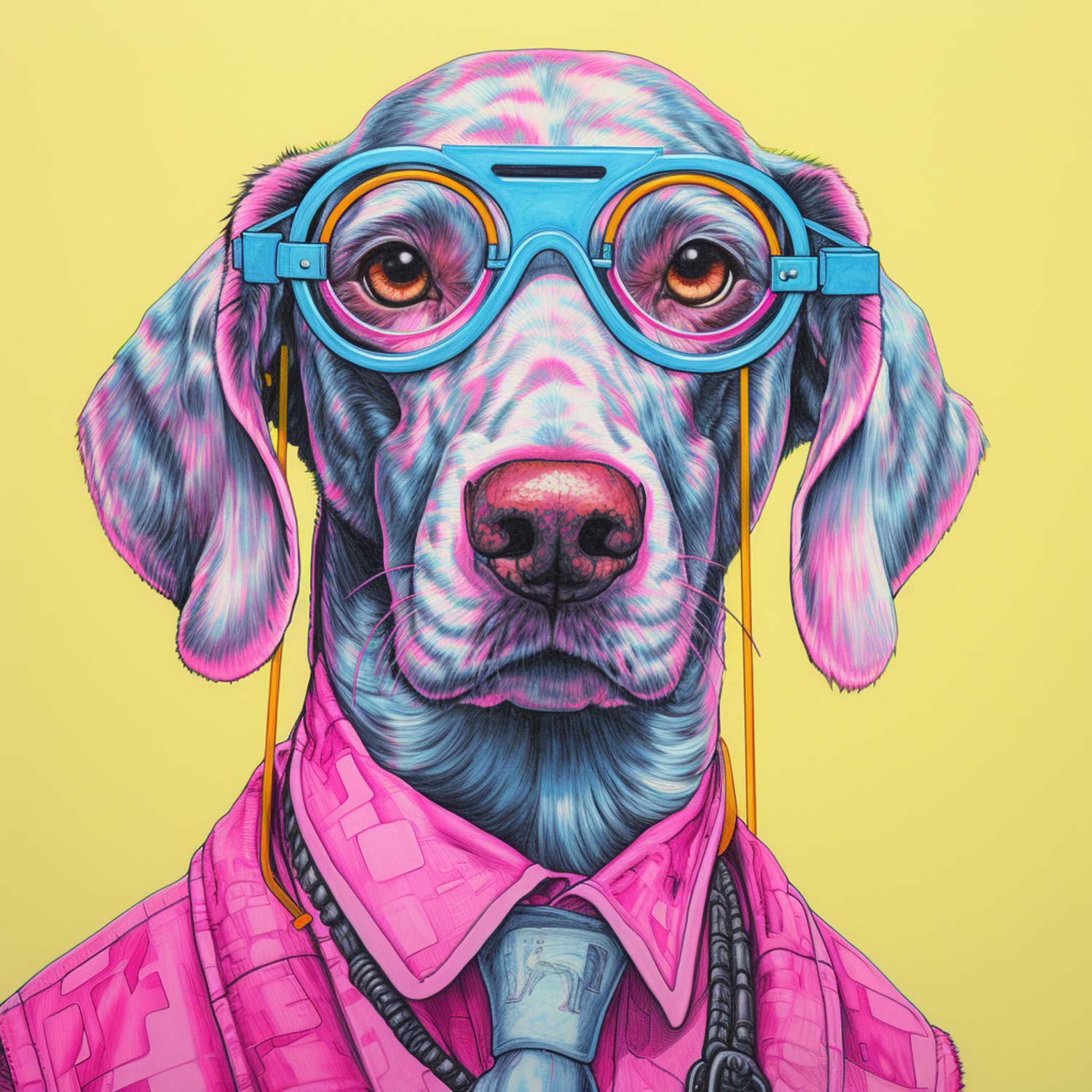It's often a mistake to believe design leaders must be experts of the products they lead. Yes, being a subject matter expert can be helpful. But that's not why they hired you.
They hired you to be an expert on user psychology, how you tap into this with the most effective visuals, interactions, and content, and how you lead others to do the same with their peers and stakeholders. After all if no one else is an expert at this in your organization, who's left to do it?
Here's the thing: User psychology doesn't typically change substantially from product to product or industry to industry. This means the UI/UX knowledge and expertise you've carefully curated over your career is transferrable from product to product, industry to industry.
For example, getting someone to the end of the checkout funnel on Etsy isn't radically different from getting them to the end of the checkout funnel for auto insurance.
What does change from product to product is nuance. How interaction A (or visual A or content A) differs in context B. Therefore, if you are to become a subject matter expert in something, let it be in how your hard-earned wisdom from context A, Y, and Z applies to context B.
And yes of course, one of the best ways to understand nuance and context is through dog-fooding or "drinking your own champagne" if you prefer. But also user research and a myriad of other proven tools at our disposal that are fantastic complements to first-hand product expertise.
Just don't let others fool you into believing you can't lead design effectively without product expertise that meets or exceeds theirs.
—
Note: Those with product expertise wielding unnecessary influence over those without it is another debate for another time.
Midjourney prompt: "intelligent dog wearing glasses, risograph"
